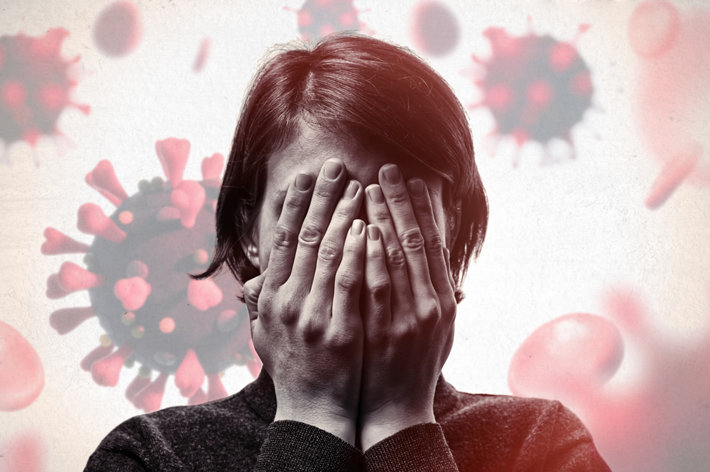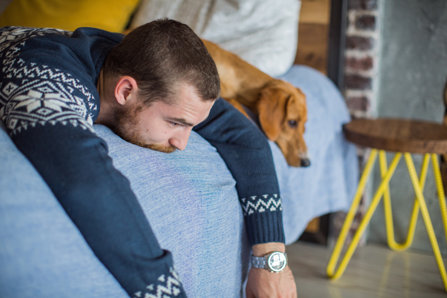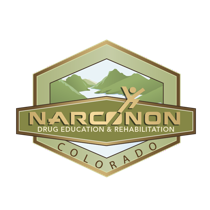COVID Perpetuates Cycle of Addiction?

Working in drug and alcohol treatment, the cycle of addiction is a commonly discussed topic as it relates to a person’s recovery. The cycle of addiction, conceptually, discusses the beginning of a person’s substance use, addiction taking hold, their attempted recovery, eventual relapse back into addiction, and then recovery is attempted again. This would be more aptly called the “cycle of relapse,” because that’s essentially what this is describing, and it’s describing it from what I consider to be a negative and apathy-inducing viewpoint. This cycle is a common discussion in many rehabilitation programs, to the dismay of its patients.
As someone who has attempted every type of rehabilitation program imaginable, I can remember sitting in a group session at my fourth rehab where I was taught about the cycle of addiction, starting with experimenting with drugs, being dependent on drugs, withdrawing, and wanting more drugs, only to wind up using again. I was confused by this topic because, as a fairly sharp individual, I couldn’t help but shake the idea that I was being told that there was a very slim chance I would get clean and stay clean. At that moment, the counselor running the group session said, “and if you look around the room, there’s 20 people in here, and only two of you will be clean in six months.” When I decided to pack it up and leave the treatment center, I was asked why I was discharging. I told them I wanted to balance the odds for the others in that room.
To me, the cycle of addiction, or relapse rather, is an important, overall picture that should be taught. The problem is when the takeaway from that lesson is that relapse is a part of the recovery process, meaning using drugs is a part of not using drugs. I believe this idea is not only a logically-flawed concept—it also gives substance users a cop-out if they relapse.
“Sorry, mom, it’s part of addiction.”
That doesn’t sit right with me. If anything, those in drug treatment need to be empowered by the idea that it’s essentially up to them if they succeed in their sobriety or not. If they have a relapse, they need to be able to take responsibility for it instead of blaming an uncontrollable force.
COVID definitely threw a wrench in the normal, daily operations of the world. As the disease spread, businesses shut down, people lost their jobs, and some wound up sick and quarantined at home. Unfortunately, many lost their lives. After the stay-at-home orders were put in place, it also caused community sober support groups, rehab centers, clinics, and out-patient facilities to temporarily close as well. For those in the early stages of addiction recovery, those were trying times. The fear of getting sick with COVID drove many people’s anxiety levels through the roof, losing jobs caused financial distress, and life became really difficult for a lot of people. I don’t want to say that it was especially hard for addicts or alcoholics because the COVID situation was hard on everyone, however, what COVID did, in my own opinion, was perpetuate the idea of the “cycle of addiction” with a new twist.

For example, say a person who is newly sober lost their job because of COVID. Their coping skills were still new and a little bit shaky. Anxiety set it, boredom took hold, and the person wound up making an impulsive decision to go to the liquor store or call their old dealer. So, they relapse, only to need to get sober and get back on their feet again—as the cycle goes.
I suppose the question is, “did COVID help continue the cycle of addiction and perpetuate the idea that relapse is a part of recovery?”
I believe the answer is no, and I believe it’s nonsensical that a disease pandemic would perpetuate an already established cycle. It’s the same as saying addiction helped to spread COVID because drug users didn’t take any recommended precautions and were running around the streets buying drugs while the rest of us were quarantined at home. The disease already existed and was spread by many other means. This idea also furthers the stigma that addicts and alcoholics are stupid and irresponsible.
I bring this topic up after having scrolled through my social media feeds over the last 8 months to see many out there discussing COVID as it relates to addiction recovery. I’ve seen time and time again people blaming COVID for relapse, blaming stay-at-home orders for relapse, blaming job loss, etc. At the end of the day, I don’t believe that COVID caused this. I believe that one of the only ways to cement someone’s sobriety is to get them to a point where they can become responsible for anything and everything that occurs in their life, and they stop blaming people, places, and things for relapses and bad decisions. I think the idea that relapse is a part of recovery and a part of the cycle of addiction has allowed recovering substance users to use COVID as a great excuse for why they relapsed.
At the end of the day, the ability to be responsible and take responsibility for one’s actions is a flagstone for recovery. No cycle, no disease, no person, or anything else can be responsible for what we choose to do and I think it would greatly increase our nation’s substance abuse recovery rates if this one lesson was learned by everyone.
Source:
https://www.ncbi.nlm.nih.gov/books/NBK424849/figure/ch2.f3/
